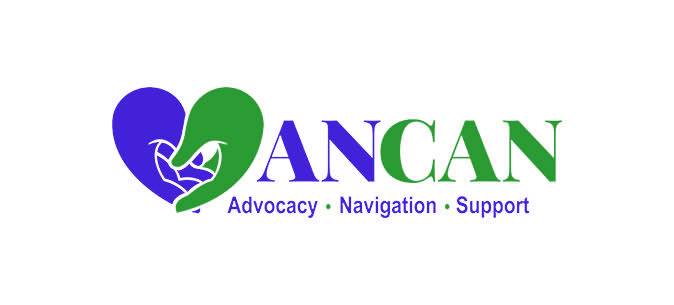In the dim, distant past of 2011, or was it 2012, I had just been kicked out the support group I co-moderated by a very insecure lead. Rather than the one-on-one interview style he practiced that made the large, weekly group feel they were eavesdropping on a private conversation, I worked hard to promote conversation and bring everyone into play. If the back-and-forth developed a life of its own, moderation was successful. Like a tugboat, moderators could just nudge a little here and there to keep discussion on track while sprinkling information and education into the wake.
So when a good buddy of mine suggested we start an online TV channel, I took him seriously. My friend had been in the virtual meetings world pretty much since inception and encouraged me to explore. I, however, had no interest in talking at an audience – I wanted to converse and interact with it. Support groups were much closer to my virtual ideal than a TV Channel. Moreover, virtual support groups tackled three issues where physical groups got a resounding ’F’.
- Geographical ‘disabilities’ were removed – no one was restricted by distance or remote location
- Physical disabilities evaporated – everyone could join no matter their state of mobility
- Social disabilities faded – those who felt uncomfortable in a physical group or suffered from agoraphobia could attend, and those who were just plain shy could ‘lurk’.
To my amazement in 2012, I found only two (2) virtual support groups on the world wide web; one for post-partum depression, and the other for dieting. In the two-dimensional virtual world of written forums, there were options and I quickly became a celebrity. By providing solid experience and guidance – never medical advice!! – many sought my input. Then I discovered a telephone support group based out of the northern Midwest …. and from thereon history was made.
As possibly the first peer-led support group for any condition, I turned what originated as a men’s psycho-social support come drinking club into a bona fide, condition driven, virtual support group. By advertising on the written group forums, attendance grew rapidly. We went from one to two monthly meetings. Then we split the group by severity of disease – newbies did not want to be chatting with those suffering advanced disease. And soon we had to split again as numbers exceed 30+ participants per group. Within a couple of years, we had four then six groups each month; and, we received endorsements and co-sponsorship from a major support and education non-profit.
The phone platform also seemed inadequate just as virtual platforms became affordable. No longer did you have to commit thousands of dollars to host on WebEx when GoToMeeting and then Zoom catered to the individual consumer. Adding visuals created yet another dimension, bringing the virtual support group experience even closer to a physical meeting. Video was always optional, and you could join by phone as well as online – we strove to maintain the lowest barriers to entry. And our meetings were always free and drop-in … no registration required.
Gradually our moderators learned best practices – how to keep a meeting moving; how to avoid people talking over each other; how to ‘listen’; how to bring everyone into the virtual group discussion. In 2016, our vision got formalized when we founded a non-profit, Answer Cancer Foundation, starting with the six groups then in existence. While all for one condition, my vision was much wider.
We knew that if it worked for the condition we were living with, this same experience could work for other illnesses and conditions …. especially for rare diseases where even in the best circumstances gathering a physical support group was challenging. And for conditions beyond cancer …. and for more than just those living with the condition – like caregivers. In 2019, Answer Cancer Foundation became AnCan as we launched a multiple sclerosis group. And as I write today, we host more than 20 meetings each month for cancer and non-cancer. We are proud to offer two virtual groups for rare diseases, and about to introduce new virtual meetings for blood cancers, and for ovarian cancer.
So here we are in 2020, in the midst of a global pandemic living within the parameter of social distancing. Many are suddenly recognizing the value of virtual meeting places. Some, like my nemesis the lead moderator mentioned in the first paragraph, had the audacity to tell a telcon of support group facilitators last week, that Zoom is inexpensive and everyone’s answer; he had tried it for the first time earlier in the week. I could not resist piping up that AnCan currently hosts nine (9) virtual meetings per month just for our cancer; that we have been doing so for eight years with our co-sponsor who, by the way, was hosting the telcon; and, that we would be delighted to share our know-how with anyone that needed help. And oh yes … that GoToMeeting offered a free room over the next 3 months for anyone that needed!

